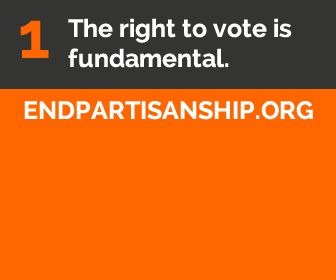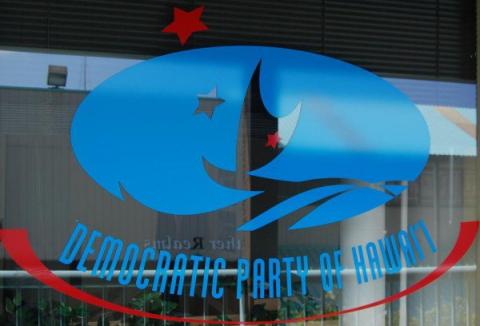The lawsuit alleges that allowing every registered voter, regardless of political affiliation, to participate in primaries unconstitutionally compels the party to associate with people who influence the outcome of nominations, even though they “may not be members of the party, may have no affiliation with the party, may not sympathize with the political aims and goals of the party, may actually be hostile to goals and aims of the party, and cannot be known to the party either before or after the primary election.”
A preliminary injunction was also filed seeking to prevent the state from holding an open primary.
The DPH has stated that since 2006, they would like to close the state's open primary system, but in 2008, state Democrats voted to rescind a call for the party to file a lawsuit.
The party seems to be divided on the issue, with prominent elected officials, including Governor Neil Abercrombie, on record stating opposition to closing the primaries.
“I do not support the lawsuit,” said Abercrombie. “The Democratic Party has always been inclusive, drawing strength from bringing together a diversity of people and perspectives.”IndependentVoting.org caught wind of the lawsuit and raised money for a half-page ad to be run in Sunday's Honolulu Star-Advertiser stating that requiring party registration would end political privacy.
The group's president, Jacqueline Salit, said that “the lawsuit would narrow the democratic process,” adding that while there have been similar attempts by the GOP, "this is the first time in recent history that a state Democratic party has taken this action.”
According to the DPH chairman, Dante Carpenter, a closed primary helps to prevent someone from voting for a less desirable candidate to improve the chances of a candidate in another party:
“The lawsuit isn't about excluding voters, but ensuring Democrats are selected at the primary stage by those willing to identify as Democrats.”
Voters approved the open primary system in 1978 and the constitution was amended to state:
“Secrecy of voting shall be preserved; provided that no person shall be required to declare a party preference or non-partisanship as a condition of voting in any primary or special primary election. Secrecy of voting and choice of political party affiliation or non-partisanship shall be preserved.”
Photo Credit: civilbeat.com

